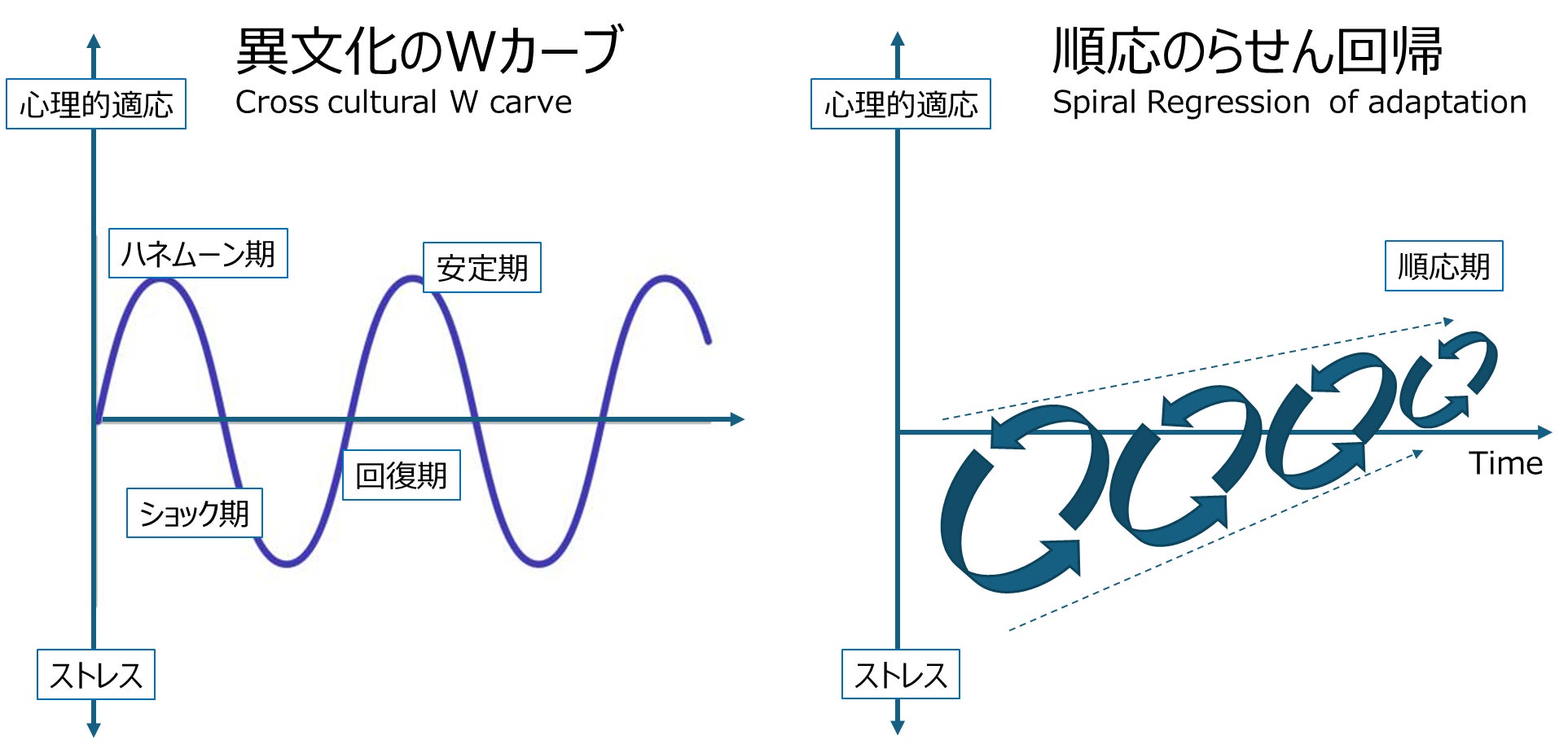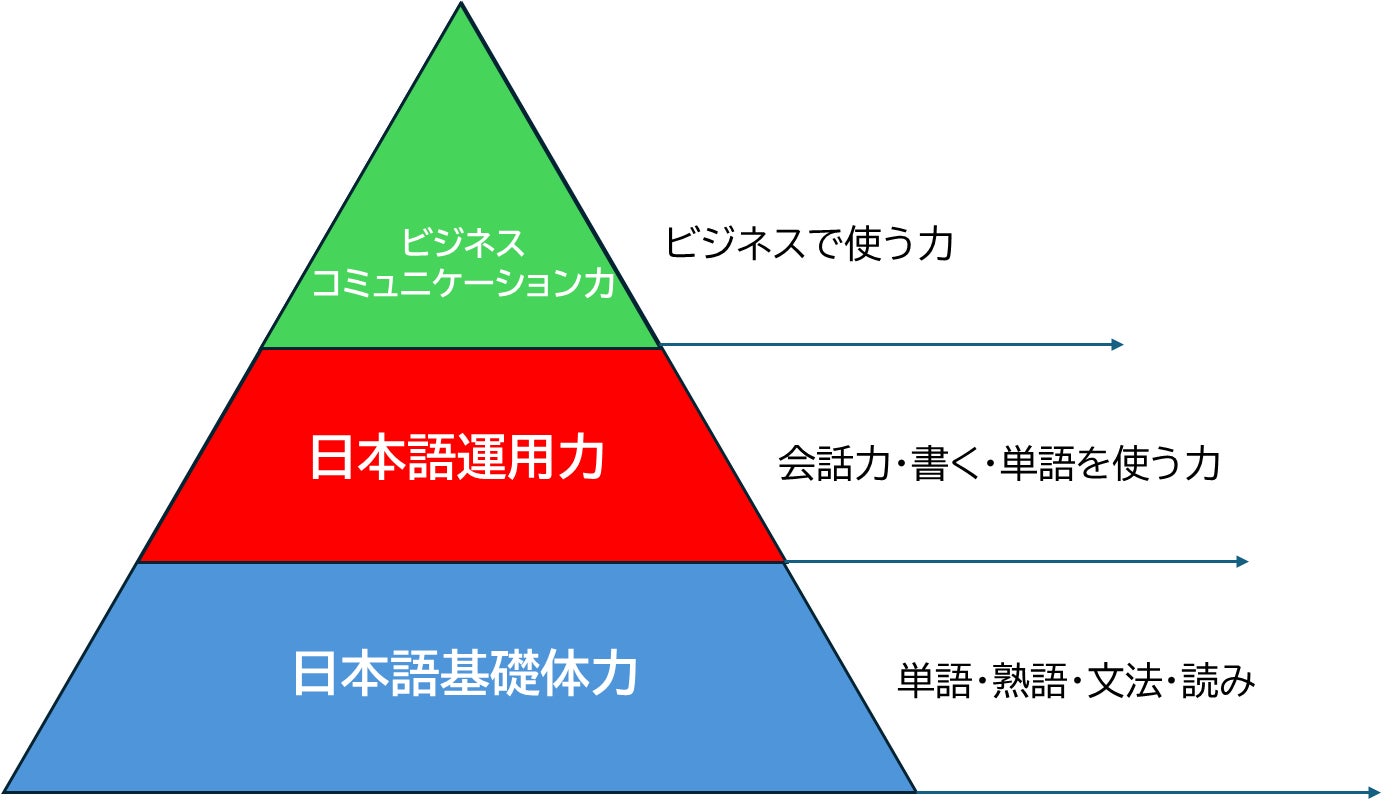A New Hope for Supporting the Retention of Foreign Drivers
Joys Japan has started offering its uniquely developed cross-cultural training and Japanese language training for customers who have been introduced to foreign drivers in the automotive transportation industry.
The main reasons why foreigners leave companies include:
Incompatibility with workplace relationships and culture
Lack of Japanese language skills and understanding of different cultures
For their own career advancement (including returning to their home country)
Dissatisfaction with salary and treatment
Mismatch in job content and working conditions
Joys Japan has focused on two of these points: "incompatibility with workplace relationships and culture" and "lack of Japanese language skills and understanding of different cultures."
For foreign drivers, a two-pronged approach of cross-cultural training and Japanese language learning has been prepared. A scheme was developed in which Japanese employees on the receiving company side also participate in the cross-cultural training jointly with the foreign drivers.
Even when the foreign drivers are multinational, the training can accommodate 11 countries by having interpreting staff from each country present.
In the cross-cultural training, participants learn about stress and psychological adaptation through concepts like the "W-curve of cross-culture" and the "spiral regression of adaptation." Furthermore, they focus on the existence of value differences that form different cultures, learning that these value differences are what significantly advance teams and organizations.

Psychological Adaptation and the Transition of Adjustment to Stress
Regarding Japanese language learning, the training is conducted as a place to acquire a way of thinking about language comprehension, with the aim of cultivating a habit of long-term learning in the future, rather than simply being a time to learn Japanese on the spot.

Acquire a perspective on how to learn Japanese using a comprehensive framework for language comprehension.
"If you understand the existence of different cultures and can comprehend the differences in values that form them, you can unleash great power, no matter which nationalities form a team or organization. That state is called Diversity & Inclusion. To achieve that, it's important not only that foreign drivers, but also Japanese employees on the receiving end, participate jointly in cross-cultural training."
In charge of cross-cultural training and Japanese language training development: Toru Yoshikawa, Executive Officer, Head of Corporate Sales Division
For more details, please see the press release.
